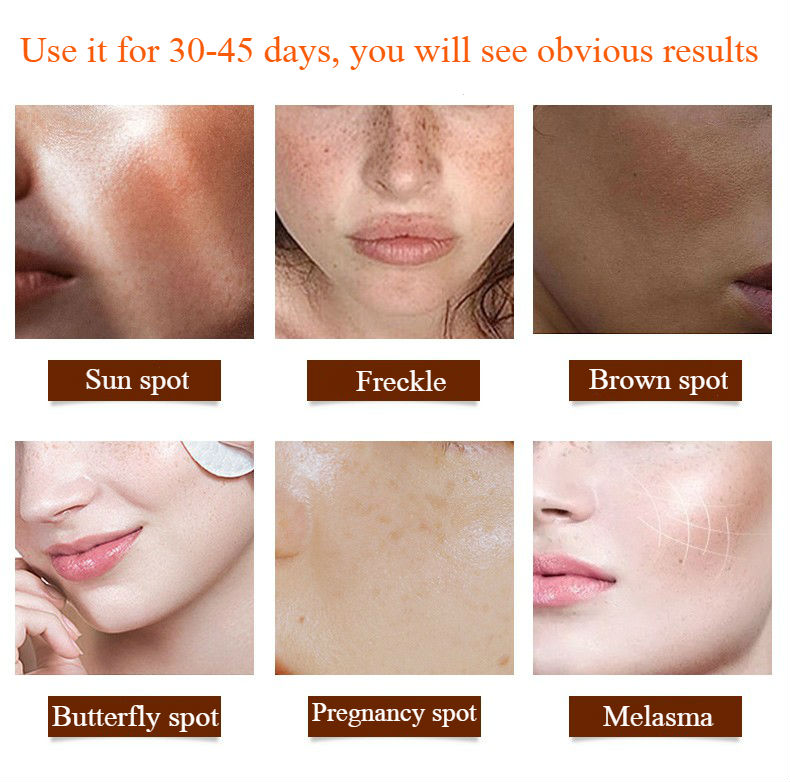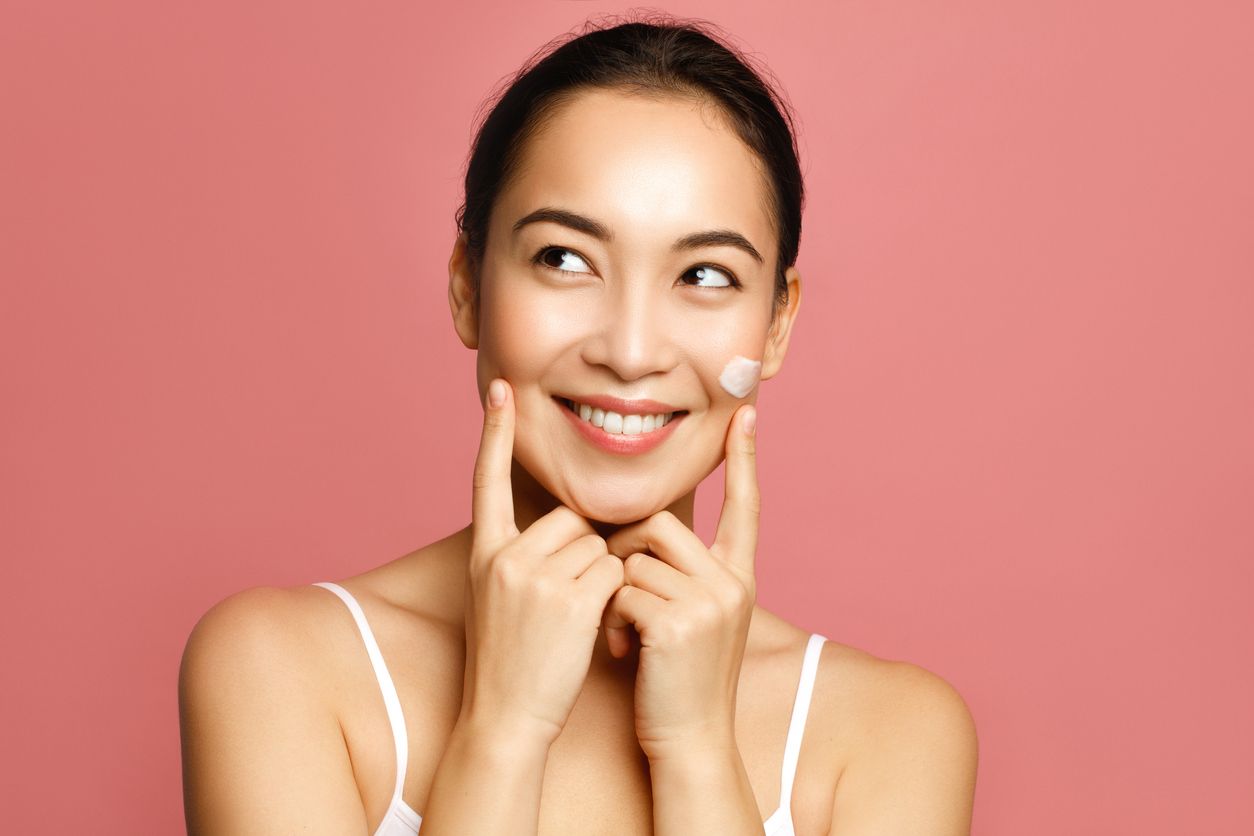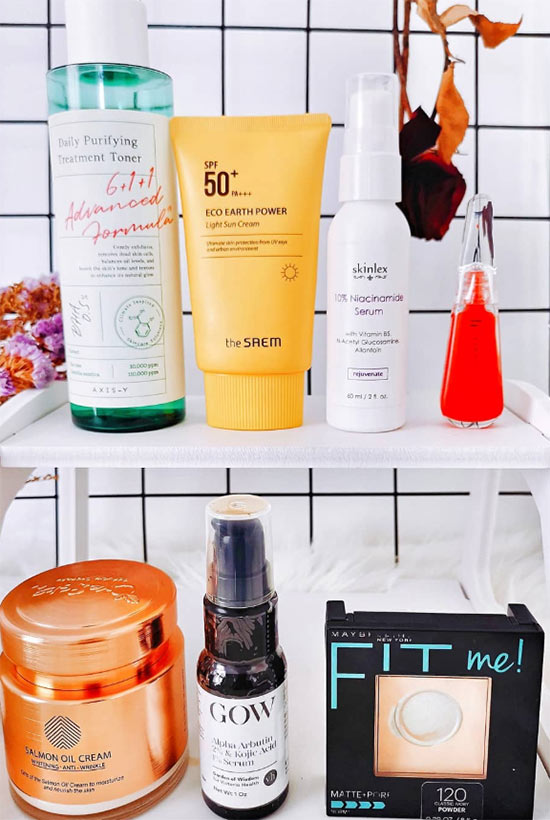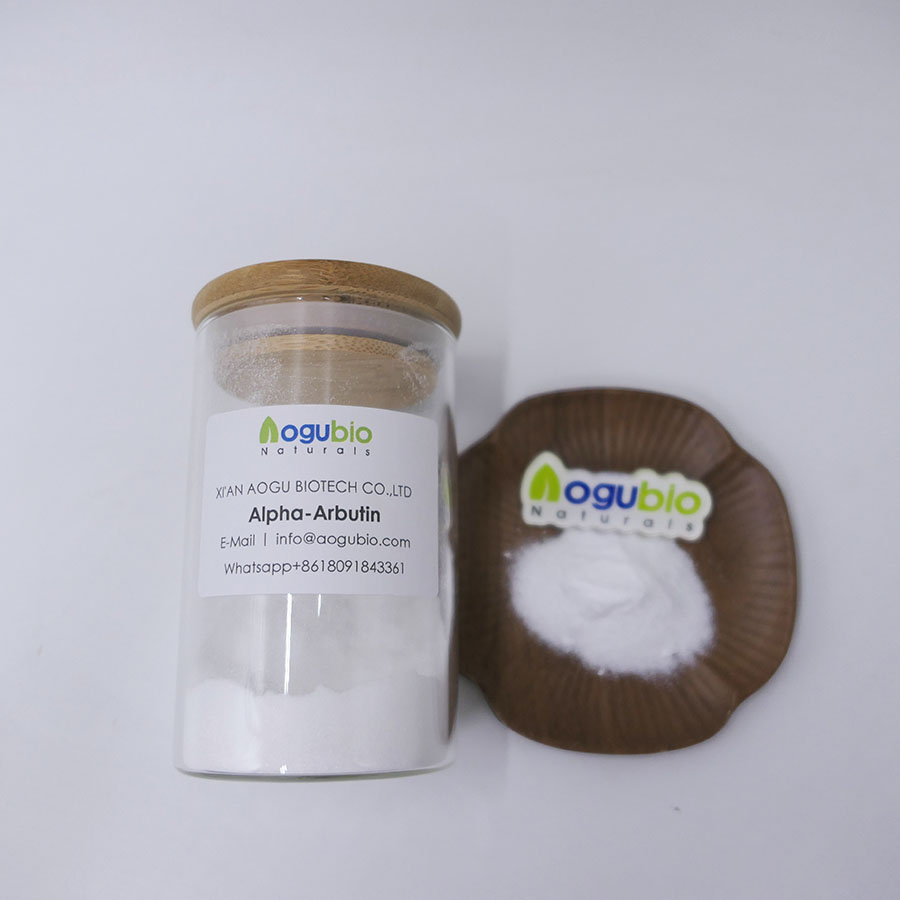Arbutin, also known as Arbutin, with the chemical formula of C12H16O7, is an ingredient extracted from the Ericaceae bear fruit leaf. It can inhibit the activity of Tyrosinase in the body, prevent the formation of melanin, thereby reducing the deposition of skin pigment, removing stains and freckles, and also has bactericidal and anti-inflammatory effects. It is mainly used in cosmetics.
According to cosmetic chemist Kelly Dobos, arbutin is a naturally occurring chemical found in some botanical extracts like bearberry, cranberry, and Japanese pear. And in case you're wondering, many use the terms alpha arbutin and arbutin interchangeably, and that's because alpha arbutin is simply a variant of the original chemical.
"There are two isomers of arbutin, the alpha and beta forms," Dobos says. "They differ in structure and properties." She also states that alpha arbutin is about 10 times more effective than beta arbutin when it comes to skin-brightening effects, which is why so many are reaching for this powerhouse ingredient when it comes to bettering the skin.
What are the benefits of using alpha arbutin?

When it comes to the skin, alpha arbutin is best known (and loved) for its complexion-brightening properties. "Arbutin works to inhibit tyrosinase, an enzyme present in melanocytes, the pigment-producing cells in the skin," says board-certified dermatologist Tiffany Jow Libby, M.D. "This results in less pigment, dark spots and skin lightening." Not to mention, it has antioxidant and anti-inflammatory properties, too.

Even though alpha arbutin is the beloved skin brightener, it can be a bit questionable since it is a form of hydroquinone. In fact, Libby says alpha arbutin actually works by slowly releasing hydroquinone to lighten the skin. But that is, in fact, one of the reasons experts are reaching for this ingredient for reducing hyperpigmentation. Since the hydroquinone is slowly released, the pesky side effects and questionable toxicity of hydroquinone aren't really a big deal.
Who should (or shouldn't) use it?
Libby says the short answer is if you're looking to minimize, fade, and treat dark spots on the skin, alpha arbutin is worth a try.
But since it is a form of hydroquinone, it's best to steer clear of this ingredient while pregnant and/or breastfeeding. Dobos also adds that even though alpha arbutin is suitable for most skin types, those with sensitive skin may want to avoid using high levels or combining with products containing other potentially irritating ingredients, like retinol.
Since your goal is to reduce dark spots and hyperpigmentation, Dobos recommends pairing alpha arbutin with other ingredients that also improve the tone of the skin for best results. "Combining with gentle AHAs and BHAs can further help reduce the appearance of pigmentation in surface layers of the skin," Dobos says. "Enhanced efficacy has also been reported when combined with other skin-brightening actives like niacinamide and kojic acid."
And as always and to no surprise, you'll want to pair this ingredient (and all other skin care products) with the daily application of a broad-spectrum sunscreen. Not only can sun exposure worsen dark spots and cause new spots to form, but it will help to safeguard the results you may see when using alpha arbutin.

Main use: Used in advanced cosmetics, it can be formulated into skincare cream, freckle removal cream, advanced pearl cream, etc. It can not only beautify and protect the skin, but also reduce inflammation and resist irritation.
Raw material for scalding medicine: Arbutin is the main ingredient of a new type of scalding medicine, characterized by rapid pain relief, strong anti-inflammatory power, rapid elimination of redness and swelling, fast healing, and no scars left.
Formulation: Spray or apply.
Raw materials for intestinal anti-inflammatory drugs: good bactericidal and anti-inflammatory effects, non-toxic side effects
Post time: Jul-17-2023





